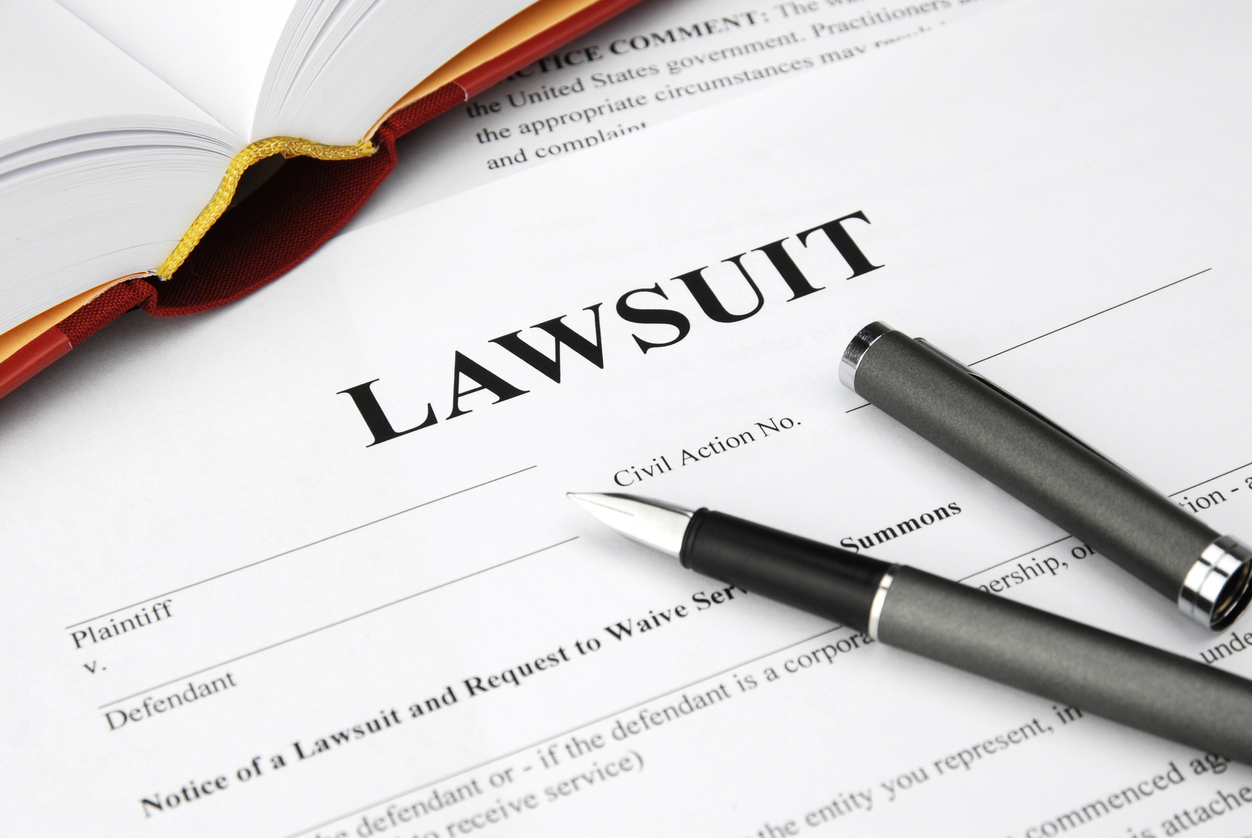Riddle & Riddle Injury Lawyers | August 28, 2025 | Class Actions and MDLs

A class action lawsuit lets a group of people with similar harm bring one case together. One or more “class representatives” sue on behalf of everyone who was affected. This approach saves time and money compared to filing hundreds or thousands of individual lawsuits.
Because one case can resolve many claims at once, courts look closely at whether the case should move forward as a class. Understanding that structure helps explain why class actions can take longer than a single-person claim.
Here’s more about what you need to know about class action timelines.
The Typical Timeline at a Glance
There isn’t a fixed schedule, but most class actions pass through the same steps. First comes investigation and filing, then class certification, discovery, motions and settlement talks, and—if needed—trial and appeals. Each stage adds time.
Simple cases with strong records can move faster. Complex cases with many defendants or disputed facts can stretch on for years. Keeping this big picture in mind helps you see where delays often happen.
- Investigation and Filing (Months)
Every class action starts with careful investigation. Lawyers review documents, talk with potential class members, and confirm the legal theories. They draft a complaint and choose whether to file in the North Carolina state court or the federal court.
Many North Carolina class actions are filed in federal court, but some proceed in state court under North Carolina’s Rule 23. Early motion practice, such as a motion to dismiss, can add several months. Once the case survives these first hurdles, it moves into more active litigation.
- Class Certification: A Major Milestone (Several Months to a Year or More)
To proceed as a class, the court must “certify” the class. This is often the most time-consuming early fight. The judge decides whether there are enough people in the class, whether their claims share common issues, and whether the class representatives and their lawyers can fairly protect everyone’s interests.
Both sides file detailed briefs, use expert witnesses, and present evidence.
- Discovery: Gathering the Proof (Many Months to Years)
Discovery is the process of exchanging evidence. In a class action, discovery can be massive. Parties trade emails, databases, policies, and financial records. They take depositions of company employees and experts.
Disputes over what must be produced are common and can require court hearings. Discovery is where lawyers build the record needed to win at trial or secure a strong settlement. Because thorough discovery is essential, this stage can be the longest part of the case.
- Motions and Settlement Negotiations (Months)
As discovery develops, both sides may file motions asking the court to rule on certain issues or even end the case. Summary judgment motions, for example, argue that the law and undisputed facts favor one side. At the same time, many class actions involve settlement talks or mediation.
If the parties reach a deal, they must present it to the judge for preliminary approval. This checks that the agreement is fair to the class.
- Court Approval and the Notice Process (Months)
Even after a settlement is reached, class members are not paid right away. The court must first grant preliminary approval, the parties must send notice to the class, and class members must have a chance to object or opt out.
The court then holds a “final approval” hearing. Only after final approval can the settlement administrator start processing claims and issuing payments. The notice and claims process can add several months, but it protects everyone’s rights and improves fairness.
- Trial and Appeals (Many Months to Years)
If the case does not settle, it goes to trial. Trials in class actions can last longer than typical trials because they involve complex issues and expert testimony. After a verdict, either side can appeal. Appeals focus on legal errors and can take a year or more.
While appeals extend the timeline, they are an important part of ensuring the law is applied correctly in large cases.
A Clear Path Forward
Class action lawsuits take time because courts want to get them right. Many resolve in two to four years, but your case could move faster or slower depending on the facts. The best step you can take is to speak with a North Carolina class action attorney.
Your attorney can review your situation, explain the likely timeline, and stand up for you at every stage so your claim is handled fairly from start to finish. To learn more, reach out to Riddle & Riddle Injury Lawyers today.
Contact a Class Action Lawyer from Riddle & Riddle Injury Lawyers for Help Today
For more information, please contact Riddle & Riddle Injury Lawyers to schedule a free consultation with a personal injury lawyer in North Carolina today. We have twelve convenient locations in North Carolina, including Greenville, Raleigh, Goldsboro, Jacksonville, Kinston, Charlotte, Greensboro, Durham, Fayetteville, Wilmington, Winston-Salem & Garner.
